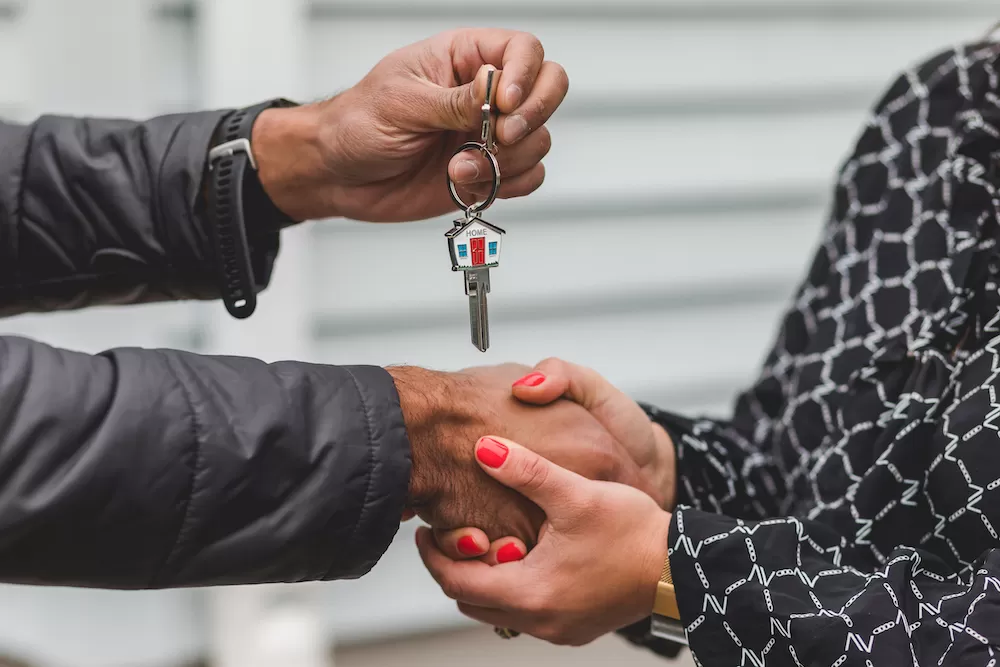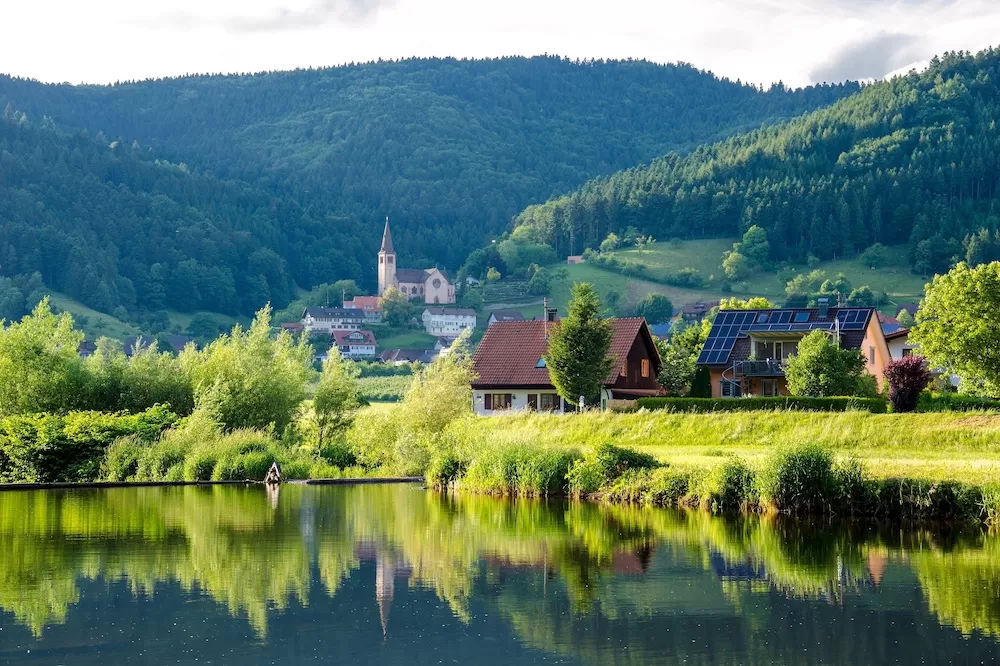As much of a good investment as buying a
property in Hungary is, it will come with a few legal issues. It's the same here as it is in other countries. When you purchase real estate in Hungary, it's more than possible that you'll have to deal with the laws of the land. Some of them, like your residency status in the country, will put into question your eligibility to buy property here. Others, such as the ownership structures and dealing with important contracts, are matters you have to tend to during the process. It's important that you know a little about these legal issues now.
Can Foreigners Own Properties in Hungary?
The first legal issue you'll commonly face in Hungary—or anywhere else, for that matter!—is if you're allowed to purchase real estate there in the first place. The answer is yes, you are. There are no laws that restrict foreigners from buying and owning property in Hungary. Especially if you're from the EU. If you're a citizen of any
Schengen country, then you won't have to do anything to be allowed to own real estate here. But if you're a citizen from a Non-EU country, however, things are slightly different.
Getting a Permit
Though foreigners are technically allowed to purchase real estate in Hungary, it depends on where they came from. If you're a citizen of a non-EU country, for instance, then you'll need to get a permit from the local authorities. It will be a lot easier if you get a local lawyer or even a
real estate agent to help you. Though, for the most part, getting this permit isn't all that difficult. It's also easier if you already have a reservation contract to show too.
The Legal Costs of The Process
From
taxes to fees, the real estate process in Hungary comes with a lot of costs. As a buyer, you will need to pay property taxes, notary fees, your real estate agent's commission, mortgage costs, and more. Not to mention, of course, the final price for the property you're buying. For sellers, there's the all-important income tax on the profit you earn from the sale. Others may know this more as the capital gains tax. In any case, you will need to pay all of these in order to avoid getting into trouble.
Checking The Property's Ownership
Before starting the actual process of buying property in Hungary, you have to do your '
due diligence' as the buyer first. Part of that is to make sure that everything is in order with the real estate you plan to purchase. With help of your notary/solicitor, check the land registry to see if the seller is, in fact, the legal owner of the place. If they're not, then the purchase can't continue until this matter is fixed. Moreover, surveys need to be conducted to check the current state of the property, as well as to see how much it is worth. Both the buyer and seller can do their own surveys at the start of the process.
The Ownership Structures in Hungary
Before you purchase real estate in Hungary, you have to determine what you intend to use it for. According to the law firm,
DLA Piper, there are four ownership structures in Hungary. The first is land use, wherein the owner reserves all the rights to the property. The second is usufruct, which allows another person to use the property even when it's owned by someone else. The third, the right to use, is pretty similar to usufruct in that an individual is allowed to use the property to their benefit. And finally, the fourth is an easement, an ownership structure where one can use the property for a period of time and the owner can't do anything about it.
Authorizing Your Notary
Let's say that you want to buy a property in Hungary but you're not even in the country yourself. Is that allowed? The answer is yes, it is. As long as you've attained the permit that gives you the right own real estate in Hungary, you face no restrictions. But of course, it will be quite difficult if you're not here yourself, right? In this situation, your best bet is to authorize your notary to act on your behalf. They will essentially serve as your eyes and ears throughout the entire process. They'll even sign documents for you if you allow them to as well!
Signing The Purchase Agreement
Arguably the most important part of the real estate process is signing the purchase agreement. It's a legally binding contract that will require you to see the purchase through to the end. You'll need to think long and hard before signing it because once you do, there's no going back. On the buyer's end, they'll have to pay the seller a 10% to 30% deposit. And if they ever decide to terminate the agreement, they won't ever see that money back anymore. As for the seller, they'll be required to sell the property to the listed buyer only. If they ever decide to sell it to someone else without the buyer's knowledge or content, they'll be liable to pay back the listed buyer double the amount of the deposit.
Buying Real Estate in Hungary's Countryside
Finally, if you're planning to purchase real estate in Hungary's countryside, you have to be extra careful. In these rural parts of Hungary, an isolated farm called a '
tanya' is pretty common. And yes, even foreigners are allowed to purchase them as long as they've gotten a permit from the local authorities. However, if a Hungarian farmer plans to buy it too, they'll get first dibs. This rarely happens though, but in the off-chance that it does, the rule will still apply. You'll have to offer a better price if you want to get your hands on the tanya.
Dealing with real estate in Hungary is no easy feat. You'll have to face a few legal issues along the way, many of which can easily get you into big trouble if you're not careful. So it's better that you know a little about them now!




